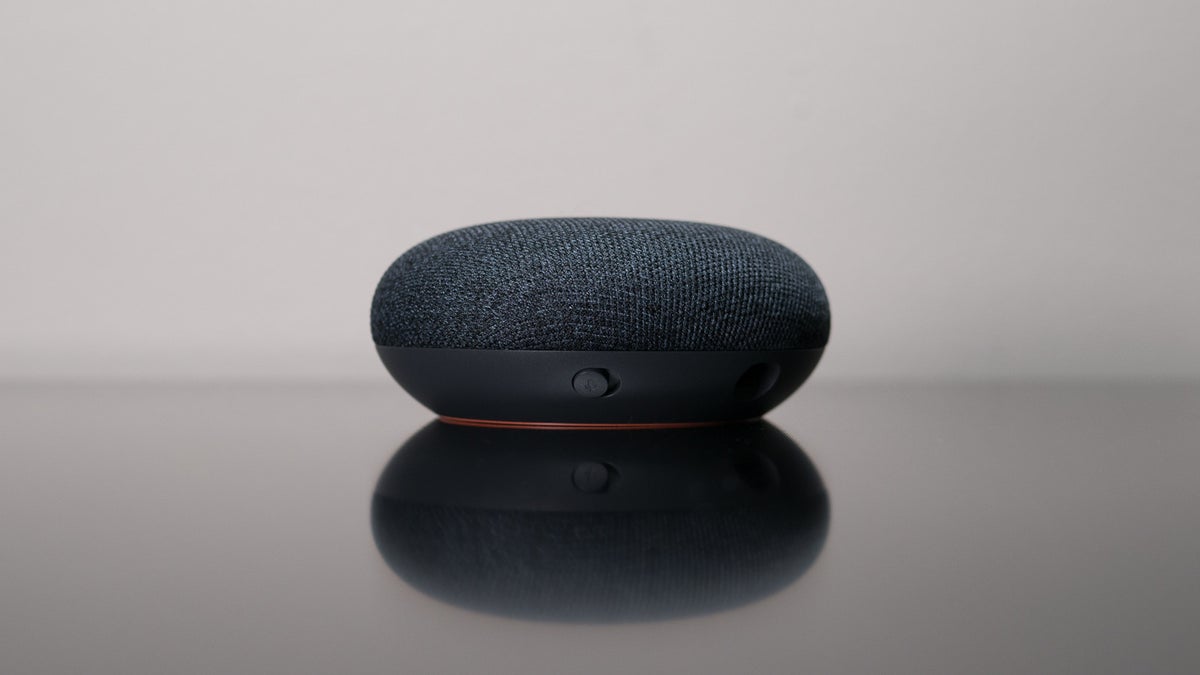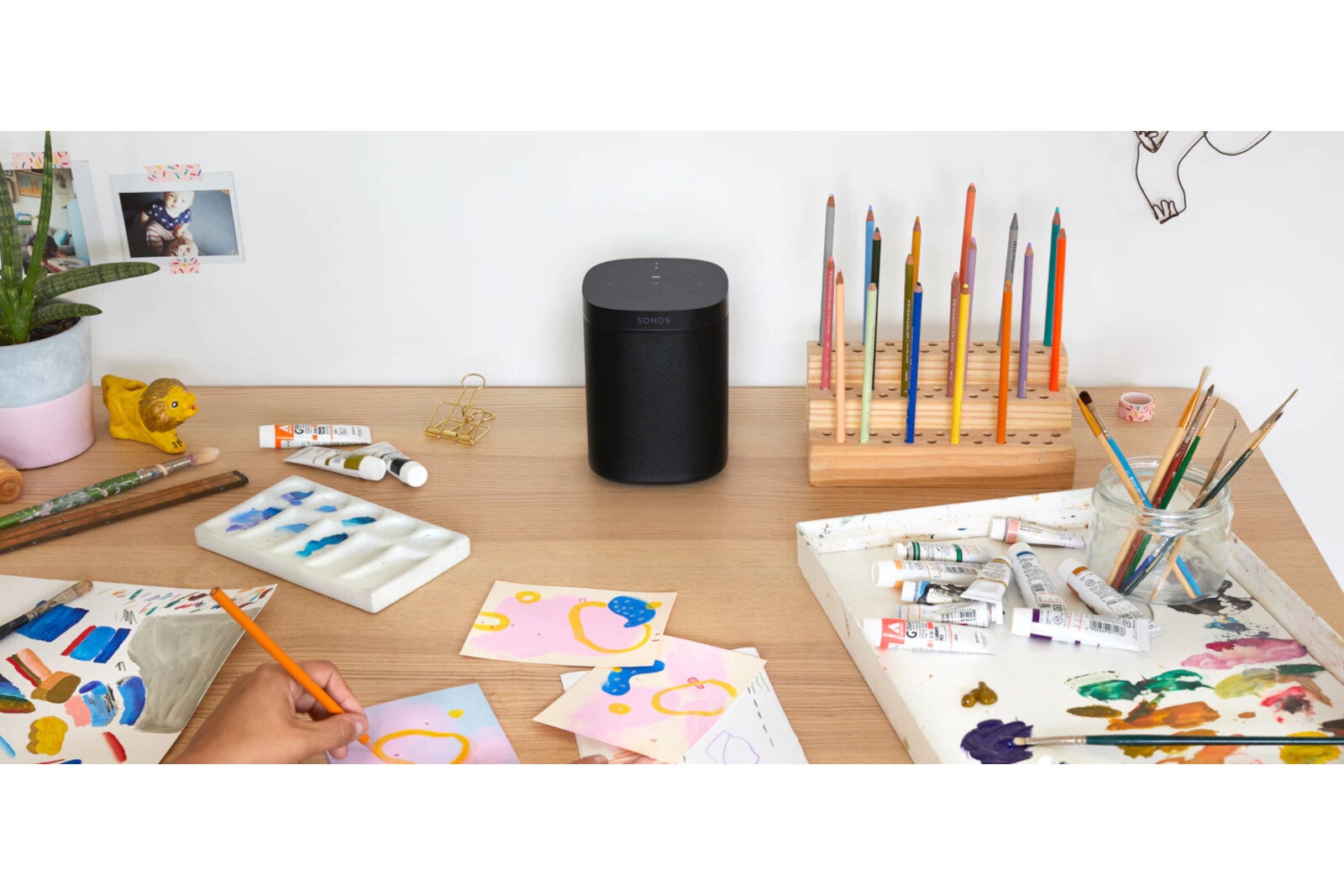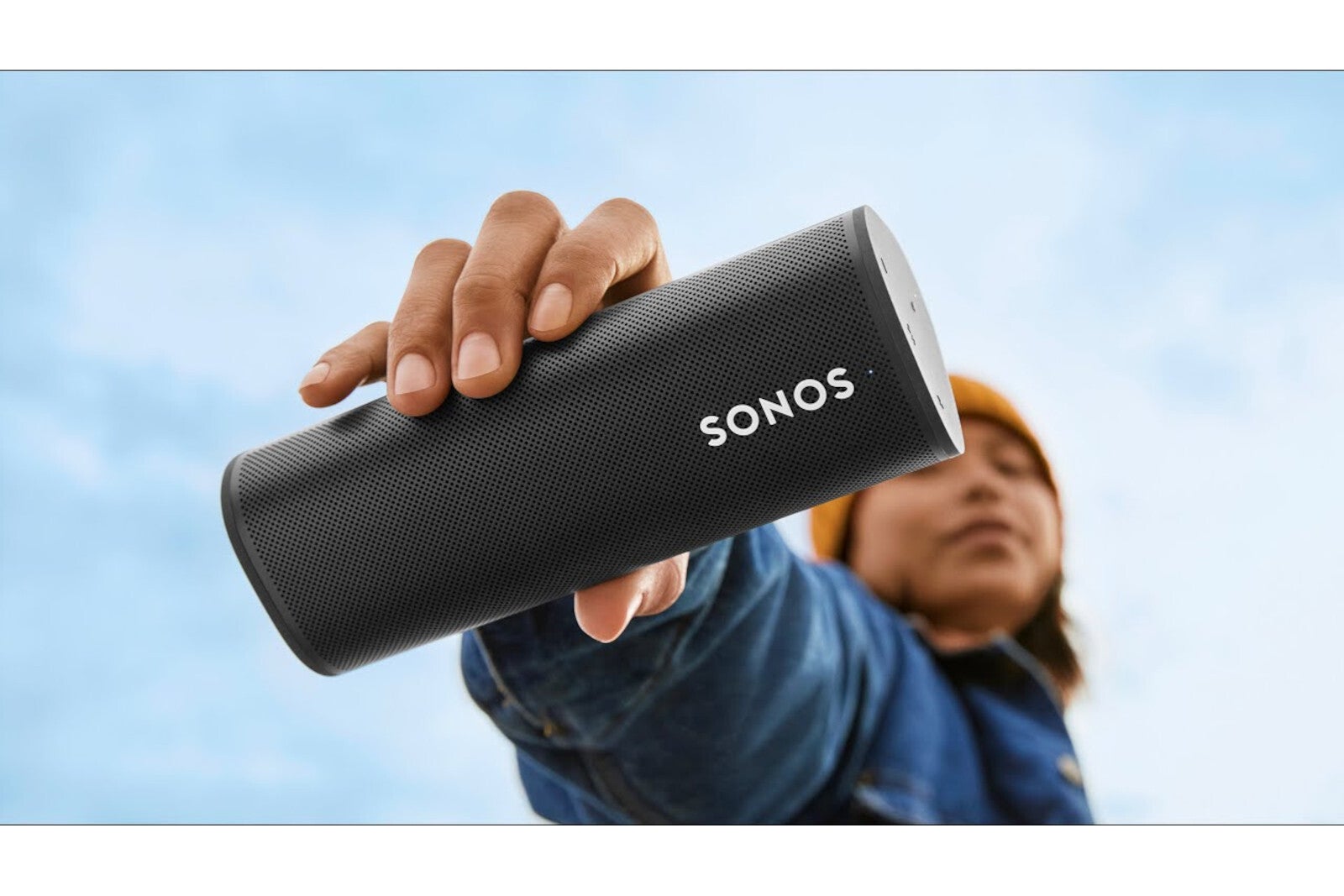Google is losing a lawsuit that could get its smart speakers banned

Back in January of last year, a smart speaker company by the name of Sonos initiated a lawsuit against Google, accusing it of stealing original features for its own speakers.
Last Friday, the year-long case moved forward when the US International Trade Commission found Sonos' evidence satisfactory, making a preliminary ruling in favor of the $5 billion company, and leaving Google quaking in its boots for the potential consequences.
Sonos had indeed been the early bird when it came to producing mainstream smart speakers that connect to the Internet—but in order to make it big, the company unsurprisingly had to integrate Google Play Music support into its speakers. Sonos had to work with Google to achieve this, and while fulfilling its part of the agreement, Google got a sneak peek at Sonos' upcoming innovative tech back in 2013.

Three years later, Google came out with the 2016 Google Home smart speaker, and Sonos claims it uses some of the same hardware as its own, which Google had allegedly stolen in violation of their collaboration agreement.
Sonos took Google to court, claiming that five distinct patents had been infringed upon, with the Google Home as well as the consequent Google Nest Audio series essentially containing stolen hardware.
While Sonos is 19 years old and specializes solely in smart home speakers, its market value of $5 billion pales in comparison to the search giant's worth of over one trillion dollars. Facing off with such a monstrous competitor does come with its risks of possible fierce retaliation, but Sonos went for it, and so far the lawsuit is turning out in its favor.
Amazon is allegedly a partner in crime
Sonos has said that Amazon is leeching off its smart speaker audio features as well, as the two companies have also worked together in the past to integrate Amazon's Alexa as a built-in feature of all Sonos speakers. For now, however, Sonos is directing its efforts on fighting Google's violations.
Sonos' Chief Legal Officer, Eddie Lazarus, issued a statement after the Friday ruling: "Today the ALJ has found all five of Sonos’ asserted patents to be valid and that Google infringes on all five patents. We are pleased the ITC has confirmed Google’s blatant infringement of Sonos’ patented inventions.
"This decision re-affirms the strength and breadth of our portfolio, marking a promising milestone in our long-term pursuit to defend our innovation against misappropriation by Big Tech monopolies.”

As reported by Ars Technica, the ITC still has to review the case in full before it proceeds, but the preliminary ruling has already declared Sonos' evidence for its case satisfactory, confirming that all five of Sonos' patents for smart speakers had indeed been violated.
Unsurprisingly, Google is fighting back tooth and nail, holding that "We do not use Sonos’ technology, and we compete on the quality of our products and the merits of our ideas. We disagree with this preliminary ruling and will continue to make our case in the upcoming review process."
A victory for Sonos may get Google smart speakers banned
If Sonos ends up winning the lawsuit in the final ruling, and Google is found guilty of illegally copying Sonos' hardware, the repercussions of this could be tremendous. Google may well be forced to pull all of its smart speakers off the market, and that product line (including all connecting accessories) makes up no small portion of Google's market value.
It would be a significant financial blow to the search giant if that were to happen, but there is still time for the two companies to make peace before December 13, which is the set date for the final ruling.
Follow us on Google News













Things that are NOT allowed:
To help keep our community safe and free from spam, we apply temporary limits to newly created accounts: